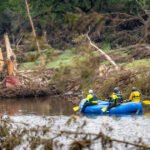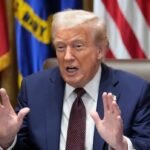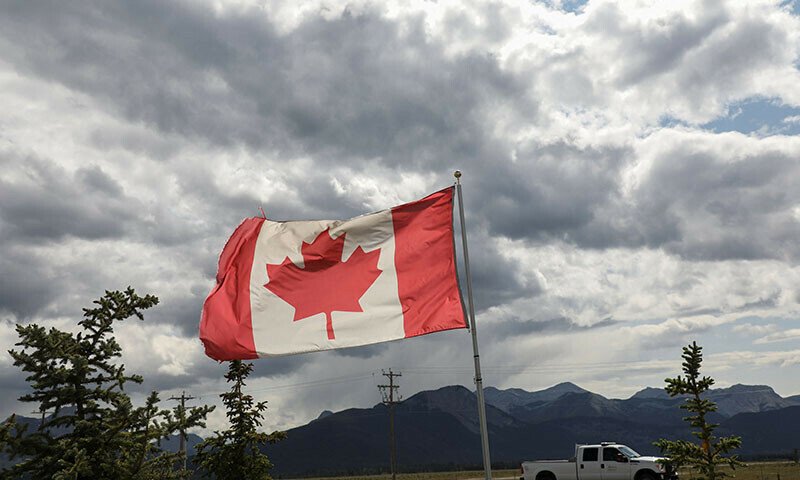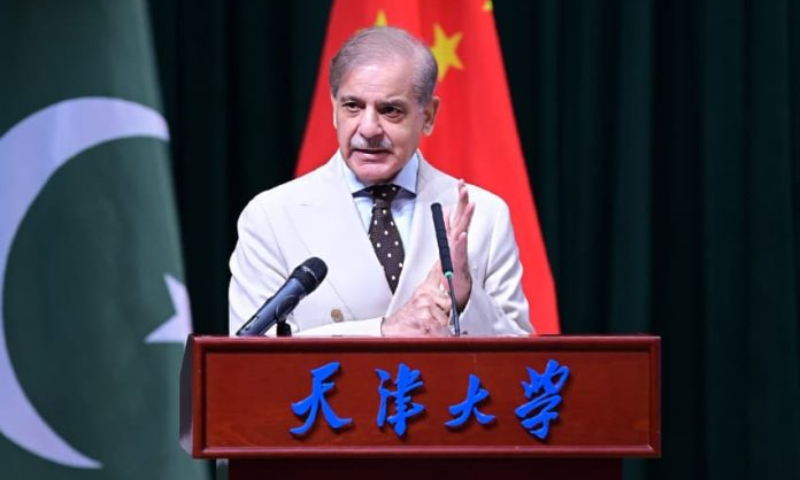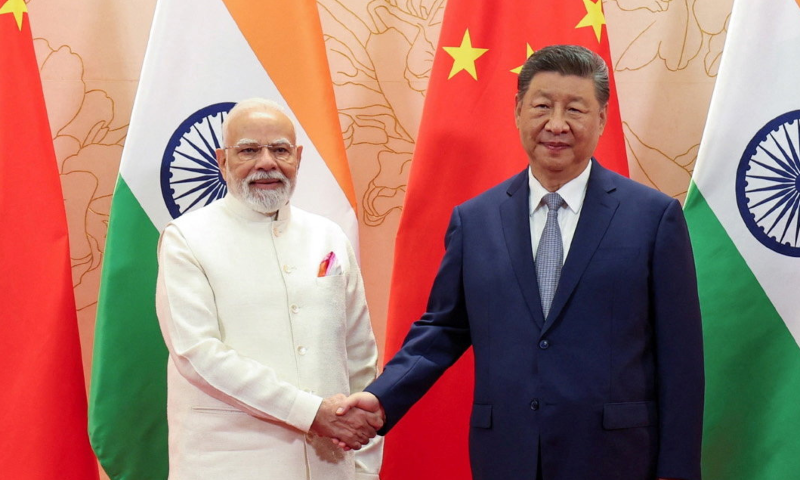The group of seven leaders (G7) will meet in the Canadian rock mountains from Sunday in the midst of increasing divisions with the United States on foreign policy and trade, and the Host Canada strives to avoid clashes with the president of the United States, Donald Trump.
While Canadian Prime Minister Mark Carney says that his priorities are strengthening peace and security, building critical chains for the supply of minerals and creating jobs, problems such as US tariffs and conflicts in the Middle East and Ukraine, they are expected to appear largely.
The ally of the United States Israel launched a flood of strikes in Iran on Thursday, a blow to Trump’s diplomatic efforts to avoid such an attack.
The summit will take place in the Kananaskis mountain complex, about 90 kilometers west of Calgary.
The last time Canada played the host, in 2018, Trump left the summit before denouncing the then Canadian Prime Minister Justin Trudeau as “very dishonest and weak” and instruct the United States delegation to withdraw his approval from the final statement.
“This will be a successful meeting if Donald Trump does not have an eruption that interrupts the entire meeting. Anything beyond that is the sauce,” said Professor of International Affairs at the University of Ottawa, Roland Paris, who was Trudeau’s foreign policy advisor.
Trump has often reflected on the annexation of Canada and arrives at a time when Carney is threatening with reprisals if Washington does not raise tariffs on steel and aluminum.
“The best case … is that there are no real explosions that leave the back-end,” said Josh Lipsky, president of the international economy in the group of experts from Atlantic Council and a former official of the State Department and the White House.
The Carney Office declined to comment on how Israeli strikes would affect.
No joint communication
The diplomats said that Canada has abandoned the idea of a traditional comprehensive joint statement and would issue chairs summaries, hoping to contain a disaster and maintain commitment to the United States.
A senior Canadian official told reporters that Ottawa wanted to focus on the actions that the seven members: Canada, France, Germany, Italy, Japan, the United Kingdom and the United States) could replace.
The Canadian senator Peter Boehm, a veteran former diplomat who acted as Trudeau’s personal representative at the 2018 summit, said they had been told that the summit would last more than usual to give time for bilateral meetings with the president of the United States.
The expected guests for parts of the event from Sunday to Tuesday include leaders of Ukraine, Mexico, India, Australia, South Africa, South Korea and Brazil, which have reasons to want to talk to Trump.
“Many will want to talk to President Trump about his own particular interests and concerns,” Boehm said on the phone.
A senior American official said Friday that discussions at work would cover global trade and economy, critical minerals, migrants and drugs, forest fires, international security, artificial intelligence and energy security.
“The president is anxious to pursue his objectives in all these areas, including that the commercial relations of America are fair and reciprocal,” said the official.
The visit of Ukrainian President Volodymyr Zelensky to the Oval Office in February descended to the acrimony and has served as a warning for other world leaders about the delicate dance they face when negotiating with Trump.
But diplomats say that the frustration of dealing with the Trump administration has made some more acute to affirm.
Canada has long been one of the most vocal supporters of Ukraine. Trump came to power promising to end the war with Russia in 24 hours, but diplomatic efforts to end the conflict have stagnated.
A Ukrainian official involved in the preparations for the summit said that Hope had vanished for a strong statement in support of Ukraine. On the other hand, the success for Kyiv would simply constitute a friendly meeting between Trump and Zelensky.
A European official said that the Summit of the G7 and the NATO summit in The Hague at the end of June provided the opportunity to underline to overcome the need to move forward with a draft sanctions gathered by the US senators along with a new European package to pressure Russia in a high fire and the wider conversations.
Early test
Trump’s first international summit will offer some early clues about whether Trump is interested in working with allies to solve common problems, said Max Bergmann, director of the Center for Strategic and International Studies.
“The big general question here is basically the United States is still committed to formats such as G7? That will be the great test,” Bergmann said.
The French president, Emmanuel Macron, said he has a good relationship, but a frank relationship with Trump despite the differences in issues such as Ukraine or climate change.
Macron said Friday that a United Nations Conference was presented between France and Saudi Arabia scheduled after G7 to work towards a solution of two states between Israel and the Palestinians has been postponed.
Modi of India visit Cyprus to advance in the commercial corridor plans
Modi arrived in Cyprus on Sunday on a visit focused on the potential role that the island could play by linking India with Europe through a commercial corridor, authorities said.
The Indian Prime Minister, who was heading to the G7 summit in Canada, and President Chipriot Nikos Christodoulides had planned to address business leaders on Sunday and make formal conversations on Monday.
India is pursuing the so-called commercial link of the East-Europe Europe corridor of India, but the visit is celebrated in the shadow of a crisis that grow rapidly in the Middle East.
“One of the objectives of our discussions is the connection of India with Europe through the Middle East Region in general, (and) its entry into Europe through the Republic of Cyprus,” Christodoulides told journalists earlier on Sunday.
The two -day visit is part of a broader diplomatic dissemination for European nations. Cyprus assumes the EU rotary presidency for six months in early 2026. The two countries have close relations through their shared membership of the Commonwealth.
